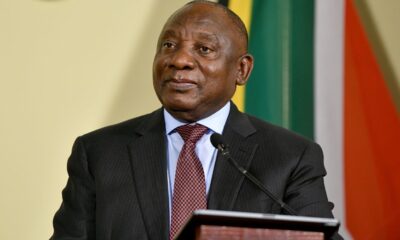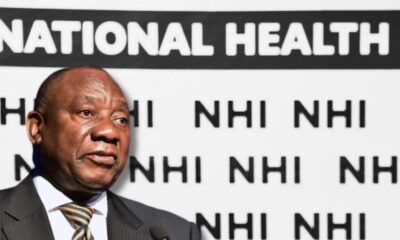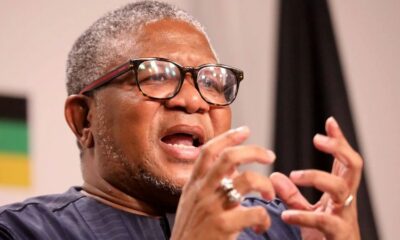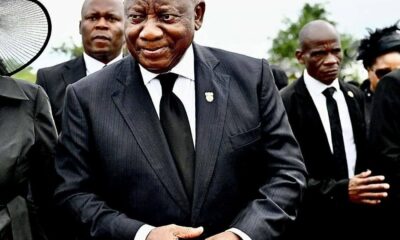News
Ramaphosa’s Donation Rule Change Sparks Fears of Hidden Money in Politics
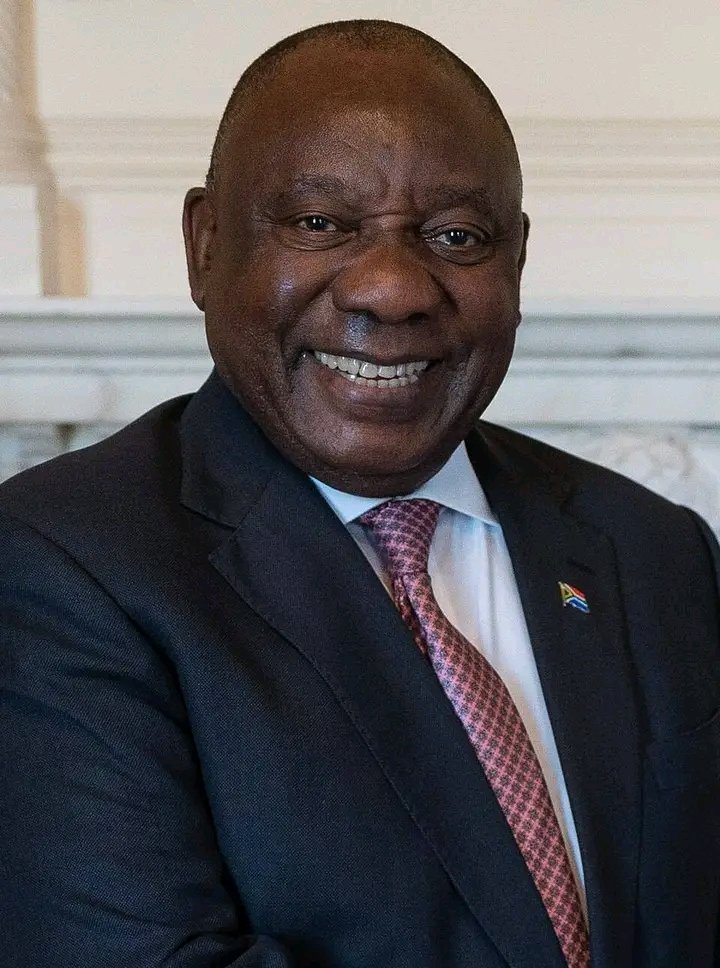
Ramaphosa’s Donation Rule Change Sparks Fears of Hidden Money in Politics
When President Cyril Ramaphosa signed off on doubling the limits for political donations this week, the response from civil society was swift and sharp. Advocacy group My Vote Counts (MVC) says the change risks opening the door wider for secretive funding and undue influence in South Africa’s already fragile political landscape.
The Government Gazette notice, published on 18 August, raised the disclosure threshold from R100,000 to R200,000 and increased the annual donation cap from R15 million to R30 million per donor. On paper, it may look like routine housekeeping. But critics say the political stakes are far higher.
Why this matters in South Africa
In a country where corruption scandals from state capture to party patronage networks still loom large in the public memory, transparency in party funding has been one of the few reforms hailed as progress.
Under the original 2021 Political Party Funding Act, parties were at least forced to disclose when individuals or companies gave significant sums. MVC argues that raising the bar now hides even more money from the public eye.
“Donations under R200,000 will slip under the radar. For most South Africans, that’s not small change it’s the price of a home or several years of wages. Why shouldn’t we know who is bankrolling our politics?” MVC asked.
The imbalance of influence
Data from four years of disclosures paints a sobering picture: a handful of wealthy donors dominate the landscape. With the new rules, MVC warns, those few can double their influence, while ordinary citizens remain priced out of political participation.
And because the law doesn’t regulate donations spread across different entities owned by the same person or family, deep-pocketed donors can legally multiply their impact.
A missed chance for reform
MVC says Parliament ignored hard evidence. When the opportunity arose to reassess the 2021 limits, the Home Affairs Committee “rubber-stamped” increases instead of tailoring them to South Africa’s context of glaring inequality and fragile trust in institutions.
“This feels less like democracy being strengthened and more like the political elite tightening their grip,” one Johannesburg-based activist wrote on X (formerly Twitter), echoing a wave of online frustration.
The bigger picture
South Africans know too well what happens when money and politics mix in the shadows. From Gupta-linked donations to allegations of undisclosed campaign funds, secrecy has often come at the country’s expense.
For MVC, the danger is clear: bigger donation limits mean fewer questions asked, fewer disclosures made, and more opportunities for corruption to creep back into the system.
As 2026’s general elections edge closer, voters may be left wondering: whose interests will political parties truly serve the public, or their donors?
{Source: IOL}
Follow Joburg ETC on Facebook, Twitter , TikTok and Instagram
For more News in Johannesburg, visit joburgetc.com



